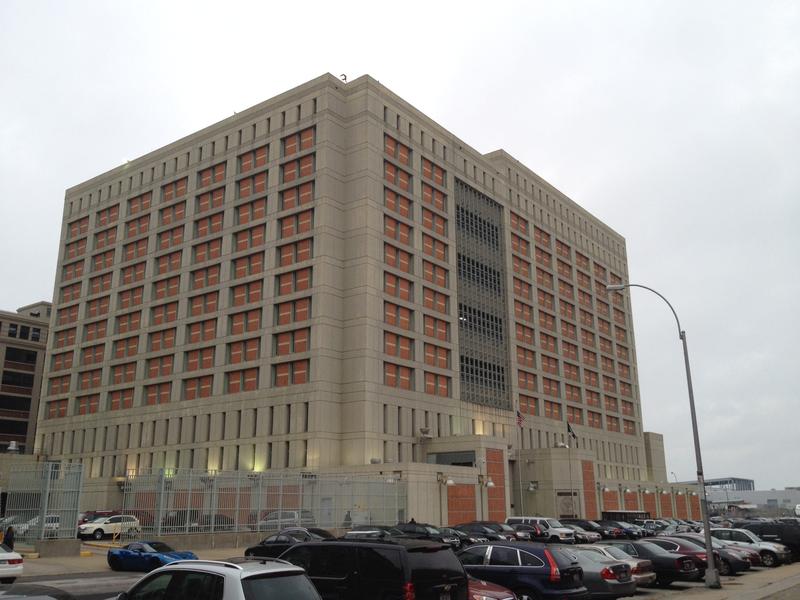
It was supposed to be temporary.
In December 2012, the Federal Bureau of Prisons decided to address overcrowding in men's prisons by taking women inmates out of the only federal prison for women in the Northeast, FCI Danbury, and move men in. The inmates were taken to a jail in Brooklyn but were told the move would only be for 18 months, until a new facility could be built for them in Danbury.
Three years later, over one hundred women are stuck in two windowless rooms in the Metropolitan Detention Center, in a high-rise near Green-Wood Cemetery. Twenty-four are part of the original group; the rest had been sentenced after the women's prison was closed.
Ramona Brant, 53, spent the first 19 years of a life sentence for a nonviolent drug conspiracy charge at Danbury, before she and the others were transferred to MDC in March 2014.
She was granted clemency by President Barack Obama last February, but recalls her time in Brooklyn vividly. "We felt like we were animals that was taken to a pound and then that was it," she said. "They just closed the door and left us."
MDC is a detention center—a short-term facility designed to hold people while they await sentencing. Detention centers tend not to have the same level of medical and mental health care and other services as prisons, since people aren't supposed to be there as long.
A recent report from the National Association of Women Judges found conditions at MDC in violation of both the American Bar Association’s standards and the United Nations Standard Minimum Rules for Treatment of Prisoners. Inmates complain of rotten food, being denied access to sunlight or fresh air, being made to stand for hours on end, and being unable to get appropriate medical care, especially gynecological care.
David Fathi, director of the ACLU's National Prison Project, calls is a "serious concern" if women are being denied access to the outdoors for years. "The Supreme Court has made quite clear that prison conditions that might be tolerable for a few weeks or a few months can ripen into unconstitutionality if they go on for a sufficiently long amount of time," he said.
The Bureau of Prisons says the women had access to a deck with openings in the wall meant to let in fresh air. Sheet metal had been put over those openings, but the Bureau says that has recently been "modified" to let in more air. Meanwhile, the new prison in Connecticut is finally ready, and they plan to start transferring inmates back in December. Support programs will be rolled out in stages and they won't initially include mental health or drug treatment.
But for the women sitting in two large rooms in Brooklyn, that move can’t come fast enough.
National Association of Women Judges report on BOP’s Metropolitan Detention Center, 2016
